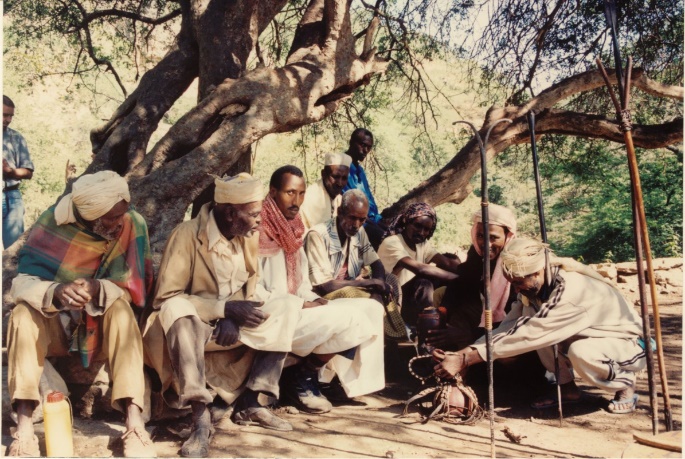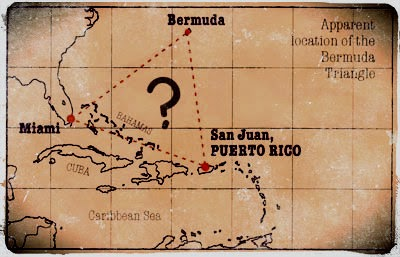
Avellon Williams
AFRICA- The history of Islamic dominance in Africa is a fascinating tale of cultural exchange, conquest, trade, and religious conversion. It spans over a millennium and has left an indelible mark on the continent’s history and societies.
The Islamic influence in Africa began in the 7th century when Muslim traders from the Arabian Peninsula ventured southward along the eastern coast. They established commercial links with local communities, exchanging goods and ideas. Over time, some African rulers and merchants embraced Islam and became patrons of the religion, facilitating its spread.

One of the significant turning points in the expansion of Islam in Africa was the conquest of Egypt by Arab Muslims in the 7th century. Egypt, with its strategic location and flourishing cities like Alexandria and Cairo, became a center of Islamic learning and a gateway for further Muslim penetration into Africa.
The Arab-Muslim conquests of North Africa in the 7th and 8th centuries brought Islam to regions such as modern-day Libya, Tunisia, Algeria, and Morocco. The indigenous Berber populations, who were initially resistant to the new religion, gradually adopted Islam, blending their preexisting cultural practices with Islamic teachings.
Another key factor in the Islamic spread across Africa was the trans-Saharan trade. Muslim merchants from North Africa established trade networks that traversed the vast desert, connecting the Mediterranean world with West Africa. Through this trade, Islam gradually penetrated the Sahel region, including present-day Senegal, Mali, Niger, and Nigeria.
In West Africa, the Mali Empire (13th to 15th centuries) played a crucial role in the promotion of Islam. The renowned emperor, Mansa Musa, made a pilgrimage to Mecca in the 14th century, attracting attention and admiration for his immense wealth and devotion to Islam. The Mali Empire’s Islamic identity influenced neighboring states, such as the Songhai Empire, leading to the further spread of the religion.

In East Africa, the Swahili city-states along the coast, such as Kilwa, Mombasa, and Zanzibar, became important centers of trade and Islamic learning. Arab and Persian traders established settlements in these cities, intermarrying with local populations and disseminating Islamic teachings. The Swahili culture, which emerged as a fusion of Arab, Persian, and Bantu influences, developed a distinct Islamic character.
Throughout history, Islamic dominance in Africa was not merely a result of military conquests but also a product of cultural interaction and peaceful conversion.
Muslim scholars, traders, and Sufi mystics played a significant role in spreading Islam by fostering dialogue, establishing mosques, and teaching the principles of the faith.

It is important to note that the dominance of Islam in Africa was not absolute. Many African societies maintained their traditional beliefs or embraced other religions such as Christianity. Moreover, Islam in Africa took on various forms, blending with local customs and beliefs, and creating diverse expressions of the faith across the continent.
Today, Islam is practiced by a significant portion of Africa’s population, with substantial Muslim communities found in countries such as Nigeria, Egypt, Algeria, Sudan, Somalia, and many others.
The historical legacy of Islamic dominance in Africa continues to shape the continent’s cultural, religious, and social landscapes, reflecting a rich tapestry of African-Islamic traditions.
RELATED:




